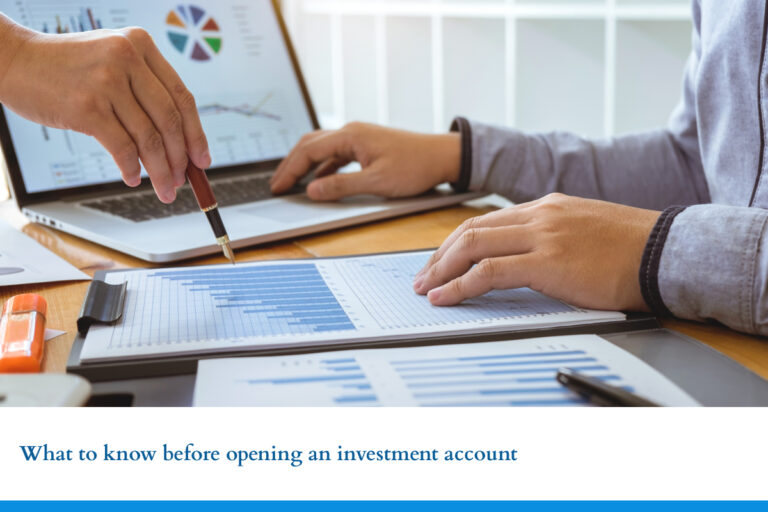It’s crucial to have a clear understanding of your finances. Your net worth can provide valuable insights into your financial health. Curious about what your net worth is? This guide will give you a rough idea by showing you how to calculate your net worth. It’s important to note that if you want a true and accurate figure, it is best to consult an accountant, especially if you have a complicated financial situation.
What is Personal Net Worth?
Personal net worth is a financial figure that reflects your financial position. Personal net worth can and usually does change throughout the course of your life. Basically, it represents how much you own (assets) minus how much you owe (liabilities).
Calculating Your Personal Net Worth
To calculate your personal net worth, you’ll need to gather information about your assets and liabilities.
Step 1: List Your Assets
Assets are items or investments you own that have monetary value. Common types of assets include:
Cash and Cash Equivalents: This is money in your chequing and savings accounts.
Investments: These are funds you have that hold value. Think of things like stocks, bonds, and your TFSA.
Real Estate: Real estate is any property you own. This could include your main residence, any vacation properties you own, and any other real estate investments you have. Always calculate real estate value based on the current market value.
Vehicles: Determine the current value of your vehicles, such as cars, motorcycles, or recreational vehicles. The prices of vehicles often vary greatly and tend to depreciate over the years.
Personal Property: This category includes items like jewellery, artwork, collectibles, and valuable electronics. For example, if you are a watch enthusiast or stamp collector, these can actually be part of your net worth.
Retirement Accounts: Don’t forget to include contributions to retirement accounts like an RRSP.
Other Assets: Consider any other valuable assets you may have. An accountant can help determine if you have other accounts or possessions that could be considered part of your net worth.
Step 2: List Your Liabilities
Liabilities are debts or financial obligations you owe to others. These can include:
Mortgages: Most people purchase homes and properties using a mortgage. Look up what you still owe on your mortgage(s) and add this to your list of liabilities.
Credit Card Debt: List the total amount of credit card debt you owe.
Auto Loans: If you purchased your car, or any other vehicle, with a loan, this should be included.
Student Loans: Include the balance of any outstanding student loans, even if you don’t owe a large amount.
Personal Loans: If you have any personal loans, include their outstanding balances.
Other Debts: Include any other outstanding debts, like unpaid taxes, for example.
Step 3: Calculate Your Net Worth
Now that you have your lists of assets and liabilities, calculate your net worth by subtracting your total liabilities from your total assets.
The Importance of Knowing Your Net Worth
Knowing your personal net worth offers several advantages and plays a significant role in your financial journey:
Financial Health Assessment: Your net worth provides a snapshot of your current financial situation. A positive net worth indicates financial stability. A negative net worth suggests financial challenges that need attention.
Goal Setting: Understanding your net worth can help you set realistic financial goals. It gives you a baseline to track your progress and make informed decisions about saving, investing, and debt management.
Budgeting and Spending: Knowing your net worth can help you budget and monitor spending. It helps you evaluate whether you have been taking on more financial obligations than you can handle. When you know your net worth, you will know whether or not you are living within your means.
Debt Management: Your net worth highlights the impact of debt on finances. If your liabilities are significantly higher than your assets, it can be a sign that you need to reduce your debt. With a clear picture of finances, you’ll know exactly where to get started.
Investment Decisions: Knowing your net worth can help you decide where and how to invest. You’ll be able to determine whether or not you’re sufficiently healthy financially to make high-risk investments, or if you should stick to more structured and secure investment plans.
Retirement Planning: Your net worth plays a crucial role in retirement planning by determining whether or not you are on track to meet retirement goals.
Estate Planning: Creating a will and estate plan is a must, especially if you have children or others who rely on you. Knowing your net worth can help determine asset distributions and whether you need to set up trusts to protect your loved ones in the future.
Financial Transparency: Knowing your net worth can help you to be more transparent about your finances. You’ll be able to set realistic goals and expectations with current or future spouses, children, and even business partners.
Knowledge is power when it comes to personal finances. Knowing your personal net worth will allow you to gain valuable insights. It serves as a compass for navigating your financial journey, helping you set goals, make informed decisions, and achieve long-term financial security.
Remember that your net worth is not set in stone; it can change over time as you make financial decisions and investments. A chartered professional accountant can help you calculate and analyze your net worth. With their expertise you’ll be able to take the right next steps, securing financial freedom for you and your loved ones.





